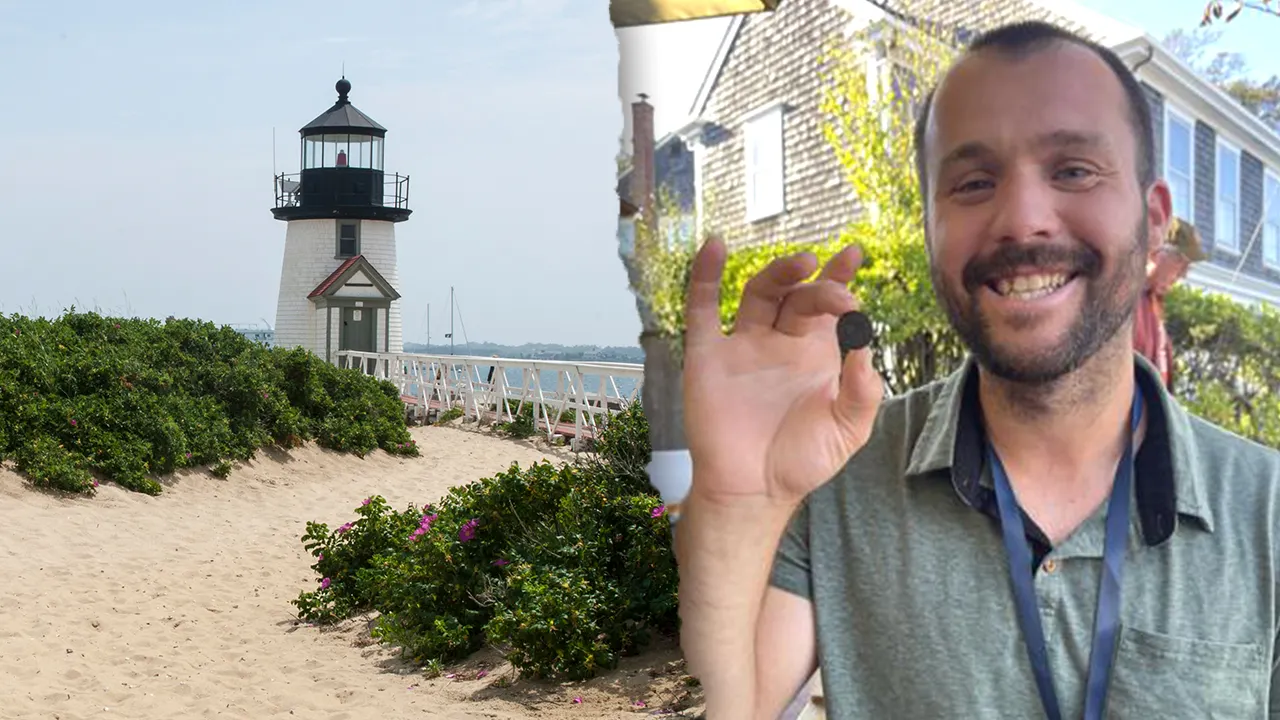Copyright hellomagazine

Fasting is hugely popular when it comes to diet trends in 2025, but there’s a difference between intermittent fasting - such as the celebrity-approved 16:8 intermittent fasting plan that went viral - and medically supervised fasting, which involves a considerable restriction of food intake for 10 to 21 days. The latter type of therapeutic fasting is by no means a fad diet trend - it's a way of eating that's guided by doctors. The calorie cut is steep, though; only about 250 calories a day are ingested in the form of vegetable broths or juices. It's controversial and sounds so severe - but is it dangerous? What should you know before speaking to a doctor about this eating plan? Although it has both fans and detractors, therapeutic fasting is a serious, scientifically backed treatment with many years of research behind it. It's routinely prescribed by doctors in Central European countries such as Germany, Austria and Switzerland. Note that if you are considering therapeutic or prolonged fasting, it is crucial to do so under the guidance of a qualified healthcare professional, as it is not safe or suitable for everyone. "Fasting is indicated for treating lifestyle-related issues (stress, headaches, dizziness, high cholesterol or blood sugar, smoking, joint pain, etc). Weight loss is only one of the objectives, and many people who practise it are not overweight," explains Dr José María Ricart, Medical Director of Spain's IMR Clinics. What are the benefits of medically supervised therapeutic fasting? Fasting provides a set of benefits, both physical and mental. It can be said that fasting makes you see life in a different way: you learn to disconnect, to relax, and to appreciate small details while experiencing greater mental clarity, says author and nutritionist Edgar Barrionuevo. One of the top places to follow medically supervised fasting is the Buchinger Wilhelmi Clinic, an in-patient facility located on the coast of Marbella, Spain and Überlingen, on Lake Constance in Germany, a pioneering clinic with extensive scientific studies supporting its methods. Dr Verena Buchinger and the entire medical team emphasise women's health, emotional well-being, skin care, pelvic floor awareness and strength training with the aim of offering holistic help, especially during perimenopause and beyond. Experts say fasting protects muscles, maintains muscle strength, and promotes the regeneration of collagen and elastin, which all tend to decrease after the age of 40. "When the external supply of food decreases, the body starts its own self-nutrition programme, activating fat burning," explains Victor Wilhelmi, director of the Buchinger Clinic in Marbella. "Fat reserves are mobilised to nourish all the cells of the body, including those of the brain. Fasting from time to time may also be beneficial to longevity." The average weight loss after 10 days at the Buchinger Clinic is about half a stone (6.6lbs / 3 kg), but for some, fasting is also looked at as a detoxification of the soul. "It's an inward journey that requires a voluntary rejection of the overstimulation we're exposed to daily," says Tai Chi teacher Virginia Amena, who is a yearly faster. During fasting, it's recommended you limit social media and internet use so that those hours can instead be used for creative activities such as painting, music, reading, yoga or meditation, where we free the mind of negative thoughts to make room for new and positive ones. It's designed to purify both body and mind; you learn to disconnect, relax and appreciate small details, and can also gain greater mental clarity. It bears repeating, though, that this type of fasting should never be done without medical supervision - side effects can include a drop in blood pressure, headaches and even more serious complications. What to expect from inpatient therapeutic fasting When you enter the Buchinger Wilhelmi Clinic for therapeutic fasting, you'll have a medical team at your disposal and all the latest hi-tech beauty and wellness treatments you can imagine. After a complete analysis to check your vitals, as well as any deficiencies or existing illnesses that would make fasting unsafe for you, your diet will begin. On the first day, you ingest a light meal consisting of about 500 calories. On Day 2, the more strict caloric restriction begins - you can expect a diet of two broths a day, juice, herbal infusions, low-fat yoghurt and plenty of water. After 6 days following a 250-calorie-per-day regimen, you will gradually begin to incorporate solid foods back into your diet, starting with dishes like apple compote. It's recommended you do not eat any meat for two weeks, and alcohol should be restricted for one month after completing the fast.



